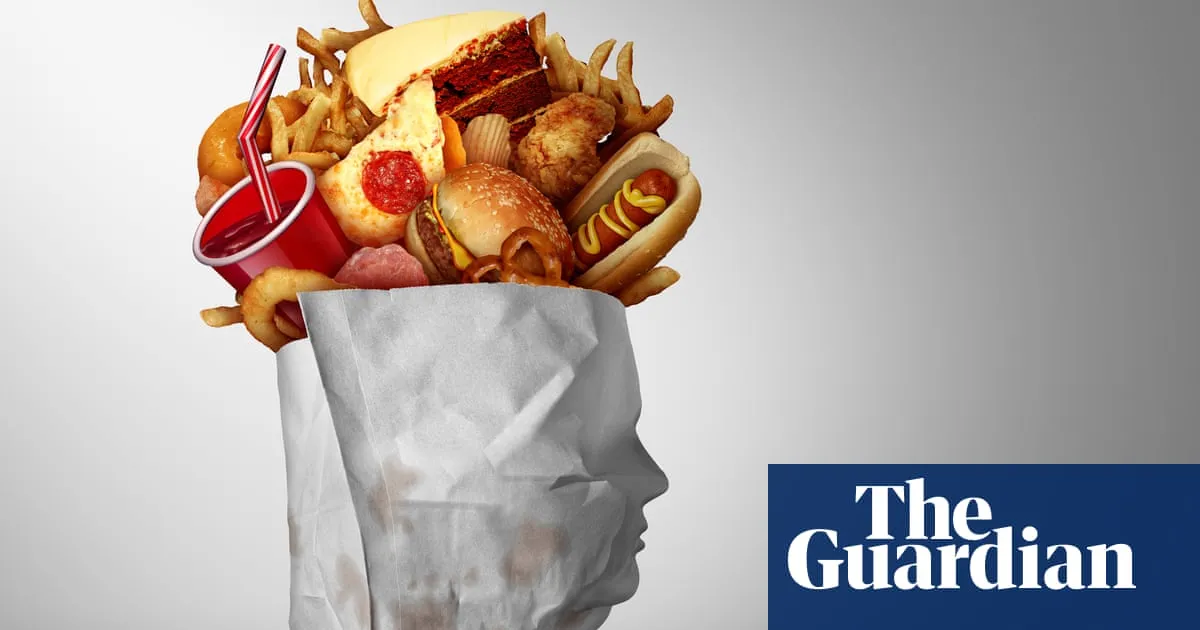
In a significant move to address the increasing health concerns related to ultra-processed foods, federal health officials are set to initiate a “bold, edgy” public service campaign. This initiative aims to raise awareness about the dangers of these foods through various platforms, including social media, transit ads, billboards, and even text messages. The campaign not only seeks to inform the public but potentially stands to profit from its outcomes.
Central to this campaign is Robert F. Kennedy Jr., the Secretary of Health and Human Services (HHS), who has expressed a deep concern about the impact of the industrialized food supply on chronic diseases. Kennedy, known for his skepticism towards vaccines, has identified ultra-processed foods as a “primary culprit” for various health issues. At his confirmation hearing, he emphasized the urgent need to “fix our food supply,” stating, “And that’s the number one thing.”
Bringing healthier food options to the American public has emerged as a crucial aspect of Kennedy’s “Make America Healthy Again” (Maha) campaign. This initiative appears to resonate across party lines, garnering support from both Democrats and Republicans in principle. However, Kennedy's tenure has seen significant challenges, particularly in dismantling crucial components of the US vaccine infrastructure while struggling to impose stricter regulations on food manufacturers.
Despite the ambitious goals of the campaign, food advocates have criticized the voluntary changes between the government and food manufacturers as “disappointing.” Kennedy faced backlash from congressional Republicans for targeting agricultural pesticides in the “Maha” report, highlighting the limitations of bipartisan support for regulatory measures. Furthermore, the report was criticized for containing numerous errors, reportedly generated by AI.
According to a federal document detailing the campaign, its creative content aims to capture attention, create viral moments on social media, and, most importantly, inspire Americans to reclaim their health by consuming real food. The anticipated budget for this campaign ranges between $10 million to $20 million. The deadline for applications for contracts related to this campaign is set for June 26.
The overarching objective of this public relations campaign is to alert Americans about the connection between processed foods and the ongoing diabetes epidemic. It aims to inspire personal responsibility regarding diet and drive measurable improvements in diabetes prevention and overall national health outcomes.
This campaign also brings attention to the Trump administration’s unconventional hiring practices, particularly the reliance on special government employees. One notable figure is Calley Means, a senior adviser to Kennedy, who may directly benefit from the campaign's objectives. Means, who was appointed as a special government employee specializing in food policy, founded a company that assists Americans in obtaining wearable devices for tracking health metrics.
Calley Means's sister, Casey Means, runs a healthcare startup that also sells wearable devices like continuous glucose monitors. She has been nominated by Kennedy for the position of US Surgeon General. The intertwining of personal business interests with public service has raised ethical concerns, leading to an ethics complaint regarding conflicts of interest.
While the campaign emphasizes the link between ultra-processed foods and diabetes, not all experts agree with its approach. Notably, Walter Willett, a professor of epidemiology and nutrition at the Harvard TH Chan School of Public Health, expressed concern over the definition of ultra-processed foods. He noted that some products, like fortified breakfast cereals, may fall under this category despite offering health benefits when made from whole grains.
Ultra-processed foods typically include items such as sodas, salty snacks, and frozen meals designed for convenience and shelf stability. Studies have linked these foods to an increased risk of type 2 diabetes and insulin resistance. However, the mechanisms behind this correlation remain unclear due to the diverse range of foods classified as ultra-processed. The campaign proposal lacks a clear definition of this category, despite Kennedy's assertions about its detrimental effects on public health.
The proposed public service campaign against ultra-processed foods represents a significant step in addressing the health challenges posed by these products. However, as the initiative unfolds, it will be essential to consider the complexities of food categorization and potential conflicts of interest among key figures involved. Only time will tell how effective this campaign will be in transforming public attitudes toward diet and health.